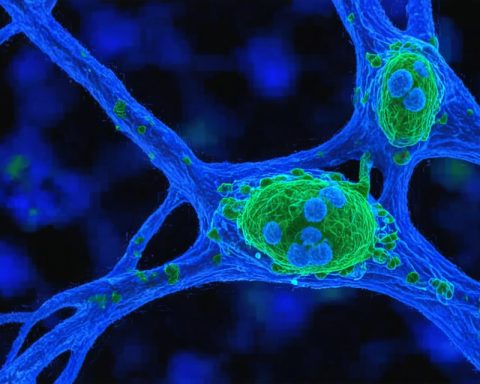
Genome Sequencing
Genome sequencing is the process of determining the complete DNA sequence of an organism's genome at a single time. This includes the order of nucleotides in the DNA, which is composed of four bases: adenine (A), thymine (T), cytosine (C), and guanine (G). The genome contains all the genetic information necessary for the growth, development, and function of an organism.Genome sequencing can provide information about genetic variations, mutations, and the underlying causes of hereditary diseases. It has significant applications in personalized medicine, evolutionary biology, and biotechnology. The process typically involves isolating DNA from cells, fragmenting it, and then using various sequencing technologies to read the nucleotide sequences. The data generated is then analyzed and assembled into a comprehensive map of the genome.Two primary approaches to genome sequencing are Sanger sequencing, which is a traditional method, and next-generation sequencing (NGS), which allows for much faster and cheaper sequencing of large amounts of DNA. Overall, genome sequencing is a crucial tool in genomics that helps researchers and medical professionals understand genetic information in various contexts.







